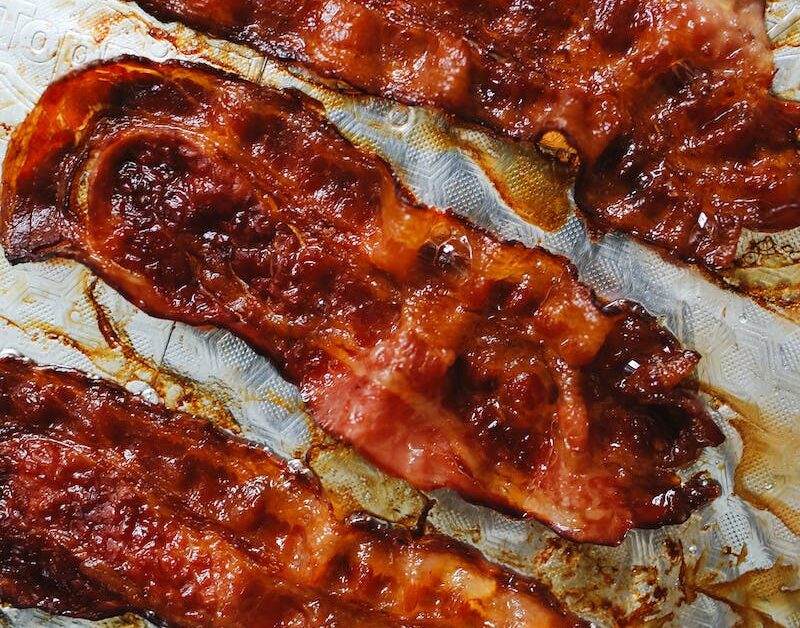Keto Headaches: Understanding the Causes and Finding Relief
Embarking on a ketogenic diet can be an effective way to lose weight and improve overall health. However, some individuals may experience a common side effect known as keto headaches. These headaches can be debilitating and may discourage individuals from continuing with the diet. In this article, we will explore the causes of keto headaches and provide valuable insights on how to find relief.
The Science Behind Keto Headaches
When following a ketogenic diet, the body enters a state of ketosis, where it primarily burns fat for fuel instead of carbohydrates. This metabolic shift can lead to various changes in the body, including a decrease in insulin levels and an increase in ketone production. While these changes can have numerous health benefits, they can also trigger headaches in some individuals.
Dehydration and Electrolyte Imbalance
One of the primary causes of keto headaches is dehydration. When following a ketogenic diet, the body excretes more water due to a decrease in insulin levels. This increased water loss can lead to dehydration if adequate fluid intake is not maintained. Dehydration can cause headaches and other symptoms such as fatigue and dizziness.
To prevent dehydration and maintain proper hydration levels, it is essential to drink plenty of water throughout the day. Additionally, replenishing electrolytes is crucial, as the body excretes more electrolytes when in ketosis. Consuming foods rich in electrolytes, such as leafy greens, avocados, and nuts, can help maintain electrolyte balance and reduce the risk of keto headaches.
Hypoglycemia and Blood Sugar Fluctuations
Another potential cause of keto headaches is hypoglycemia, or low blood sugar levels. When following a ketogenic diet, carbohydrate intake is significantly reduced, leading to lower blood sugar levels. This drop in blood sugar can trigger headaches, especially in individuals who are not yet fully adapted to the diet.
To prevent hypoglycemia and stabilize blood sugar levels, it is important to consume an adequate amount of healthy fats and protein throughout the day. Including foods such as fatty fish, eggs, nuts, and seeds can help provide a steady source of energy and prevent blood sugar fluctuations.
Caffeine Withdrawal
Many individuals who start a ketogenic diet also reduce their caffeine intake, as high-carbohydrate beverages like sugary coffee drinks are typically eliminated. This sudden reduction in caffeine consumption can lead to withdrawal symptoms, including headaches.
If you are experiencing keto headaches due to caffeine withdrawal, it may be helpful to gradually reduce your caffeine intake instead of quitting abruptly. This can help minimize the severity of withdrawal symptoms and allow your body to adjust more smoothly.
Stress and Lack of Sleep
Stress and lack of sleep can exacerbate headaches, regardless of the type of diet you are following. When starting a ketogenic diet, it is important to prioritize stress management techniques and ensure you are getting enough quality sleep.
Engaging in activities such as meditation, yoga, or deep breathing exercises can help reduce stress levels. Additionally, establishing a consistent sleep schedule and creating a relaxing bedtime routine can promote better sleep quality and reduce the risk of headaches.
Finding Relief from Keto Headaches
If you are experiencing keto headaches, there are several strategies you can try to find relief:
- Drink plenty of water throughout the day to stay hydrated.
- Consume foods rich in electrolytes to maintain proper balance.
- Eat regular meals that include healthy fats and protein to stabilize blood sugar levels.
- Gradually reduce caffeine intake to minimize withdrawal symptoms.
- Practice stress management techniques and prioritize quality sleep.
It is important to note that keto headaches are typically temporary and tend to improve as the body adapts to the ketogenic diet. However, if headaches persist or worsen, it is recommended to consult with a healthcare professional to rule out any underlying conditions.
By understanding the causes of keto headaches and implementing appropriate strategies for relief, individuals can continue to reap the benefits of a ketogenic diet while minimizing discomfort. Remember, everyone’s experience with the diet is unique, so it may take some trial and error to find the approach that works best for you.
